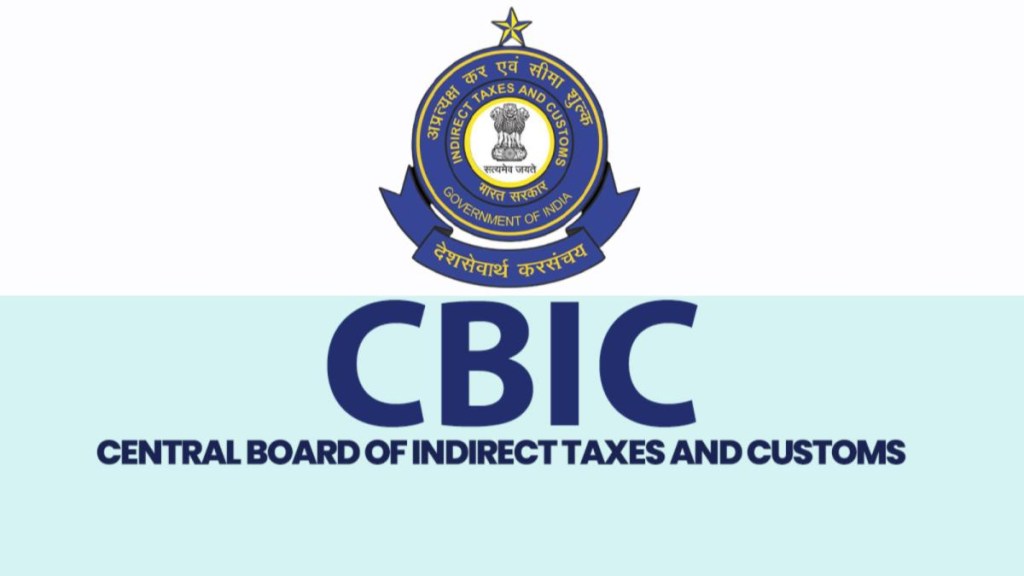The Central Board of Indirect Taxes and Customs (CBIC) has issued a detailed standard operating procedure, dated March 30, to be followed by CGST field officers while undertaking investigation against taxpayers. The guidelines, seen by FE, are similar to a circular issued to the Directorate General of GST Intelligence (DGGI) by the CBIC in February, and are aimed at improving ease of doing business and preventing harassment to taxpayers. The guidelines say that in initiating an investigation with respect to a listed company, PSU or government department, the practice to be adopted by the CGST field formation should be of initially addressing official letters, instead of summons, to the designated officer of such entity, and requesting the submission of the relevant specified details in a reasonable time.
The letter/summons should disclose the specific nature of the inquiry being initiated. The vague (or general) expressions such as that the officer is making inquiry in connection with ‘GST inquiry’ or ‘evasion of GST’ or ‘GST evasion’, etc, must not be mentioned, said the CBIC circular.
Official sources said the detailed SOP has been issued after representation made by several companies, including multinational companies (MNCs), to the finance ministry, where they had highlighted harassment by GST authorities.
The SOP said each investigation must be initiated only after the approval of the principal commissioner (PC), except in some situations where the prior written approval of the zonal principal chief commissioner shall be required.
The four situations are: “matters of interpretation seeking to levy tax/ duty on any sector/ commodity/ service for the first time, whether in Central Excise or GST”; “big industrial house and major multinational corporations”; “sensitive matters or matters with national implications”; “matters which are already before GST Council”.
“In all of the above four categories of cases, the CGST field formation concerned should also collect details regarding the prevalent trade practices and nature of transactions carried out from the stakeholders,” said the CBIC guidelines.
FE had reported earlier that the CBIC has directed officials in DGGI to follow a “bottom-up” approach while investigating tax liability of MNCs. In the guidelines issued recently, the indirect-tax board instructed officials at field formations to first question the “authorised person” in an MNC, responsible for ensuring tax compliance, instead of directly summoning the company’s chief executive officer (CEO), chief financial officer (CFO) or directors at the first instance.
Experts suggest that the focus on adopting an approval-based strategy for investigations concerning major corporations and interpretative matters, coupled with a proactive approach to minimise unnecessary summons and ambiguous inquiries, represents a notable change in investigation and enforcement methodologies.
Furthermore, the recognition and integration of common trade practices in investigations, along with the encouragement of consistency and the reduction of litigation through insights from GST Policy or Tax Policy Research Unit, demonstrate a progressive mindset.
“The guidelines emphasise the importance of harmonious collaboration among jurisdictional officers, both at the central and state levels, to ensure a cohesive enforcement framework nationwide,” said Mahesh Jaising, Partner, Deloitte India.
“Additionally, the introduction of a formal proactive grievance redressal mechanism for taxpayers signifies a notable step towards enhancing transparency and accountability in the enforcement process,” he said.

